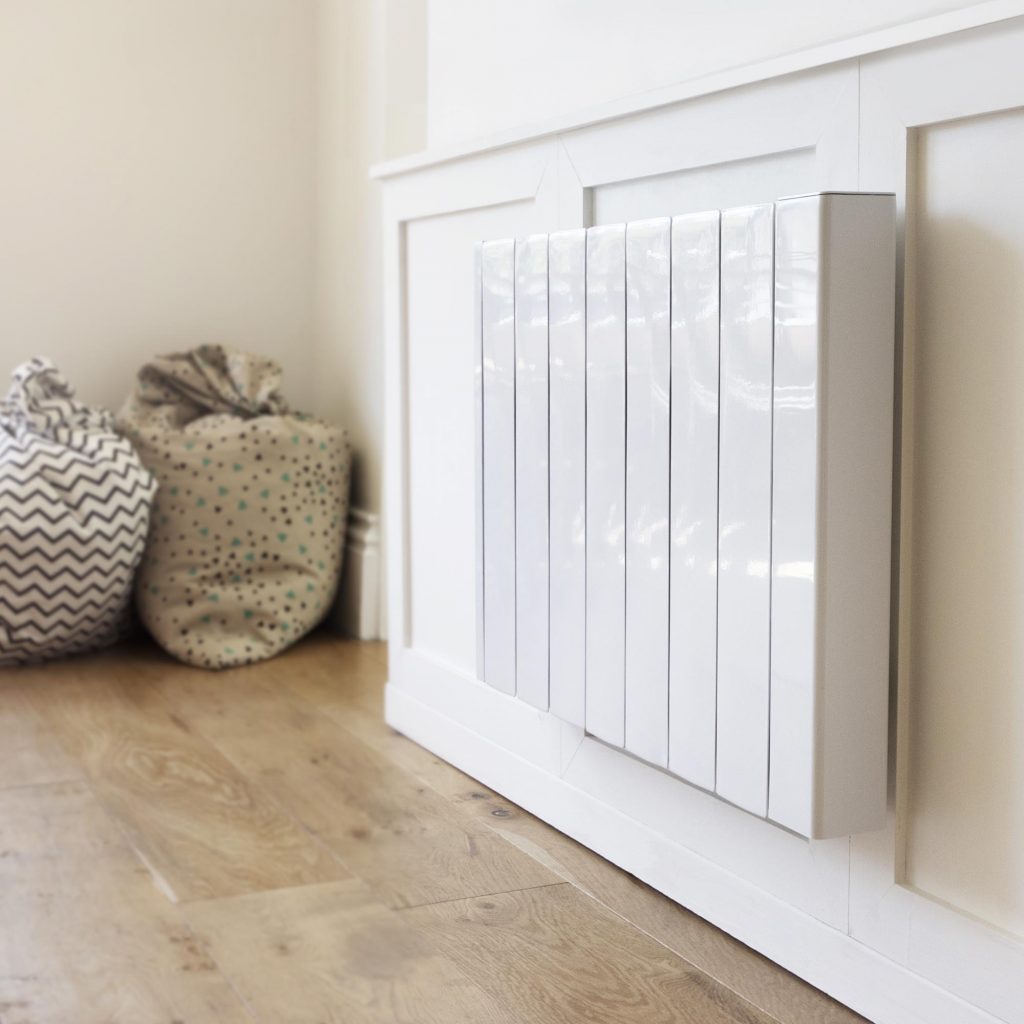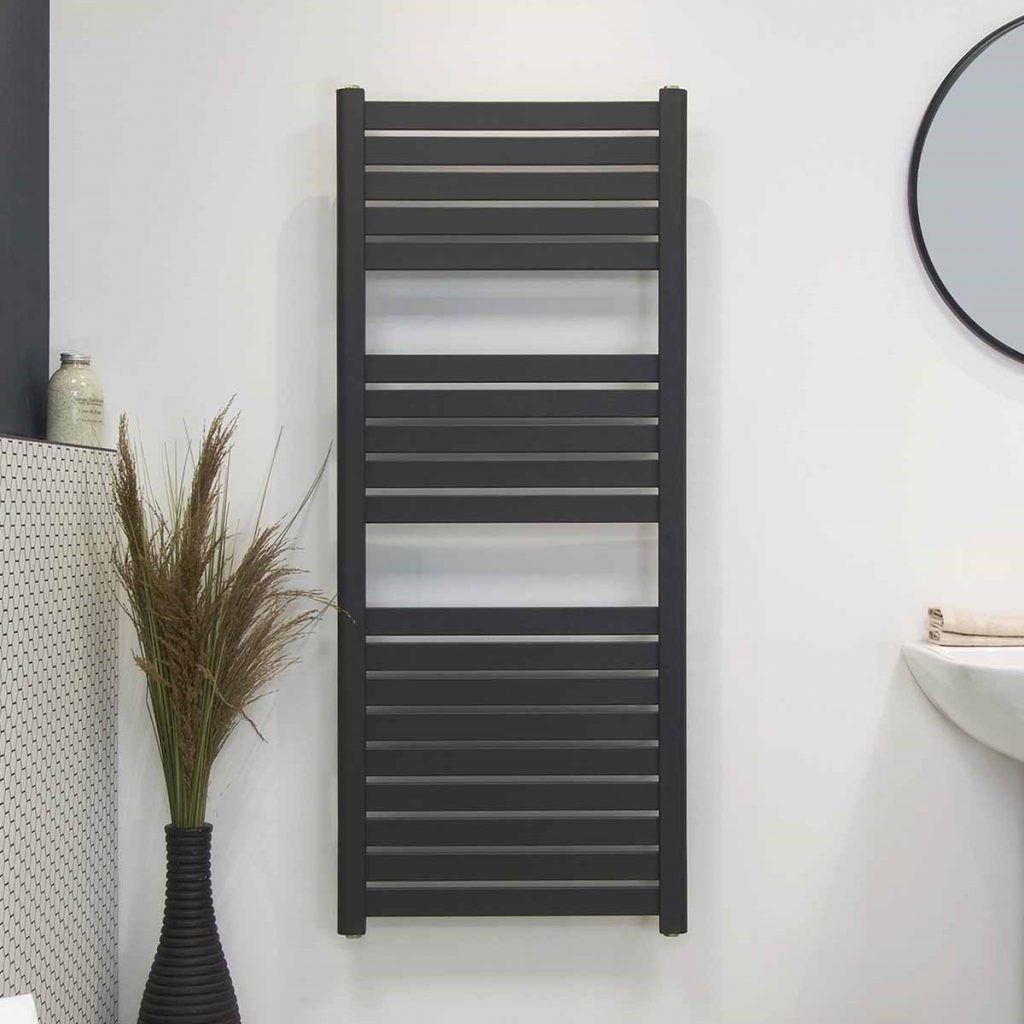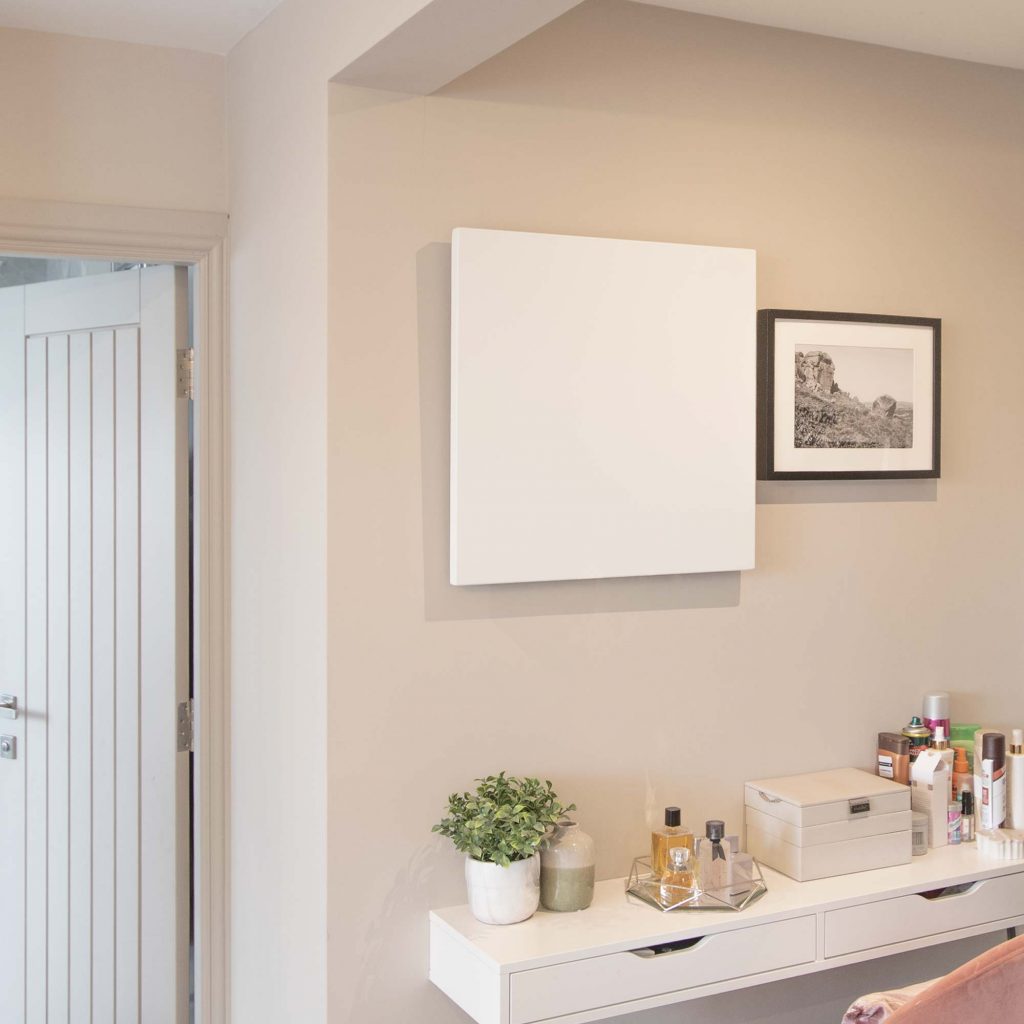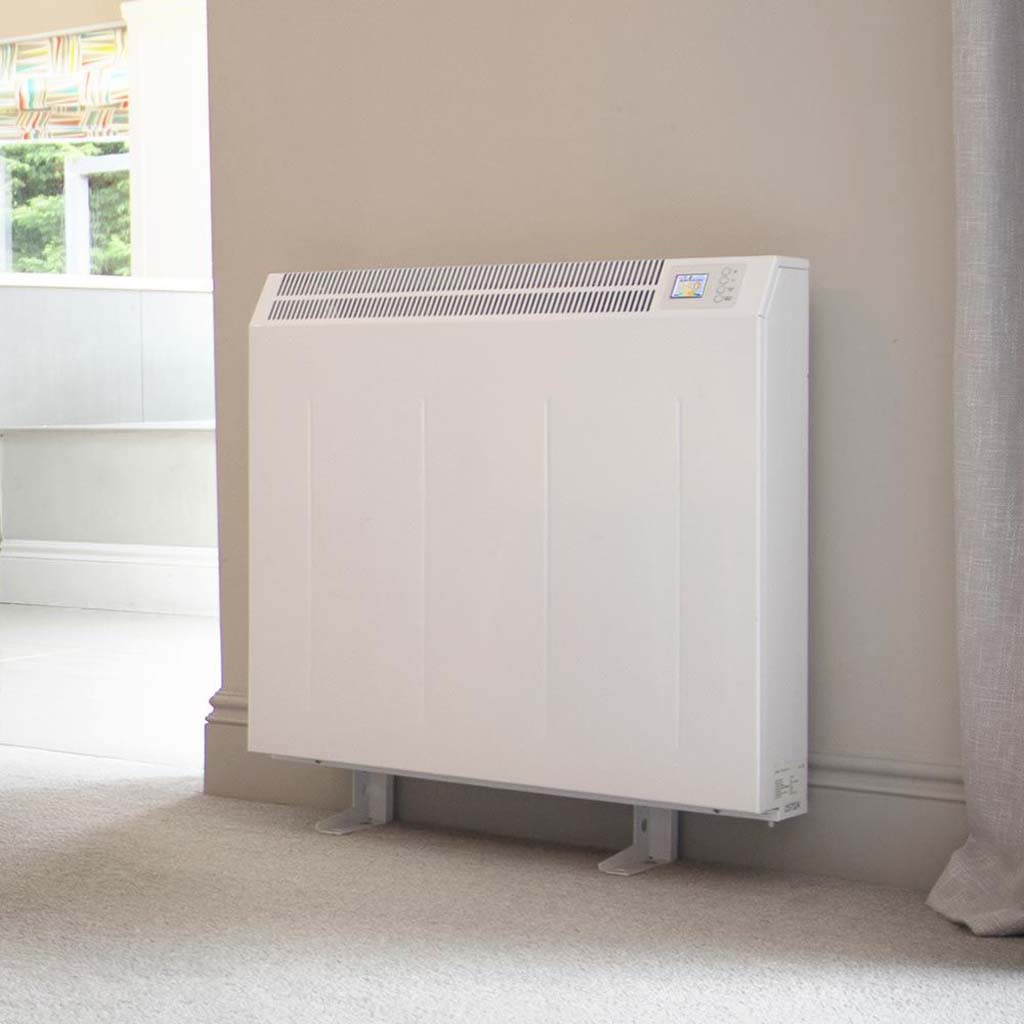German electric radiators: a deep dive
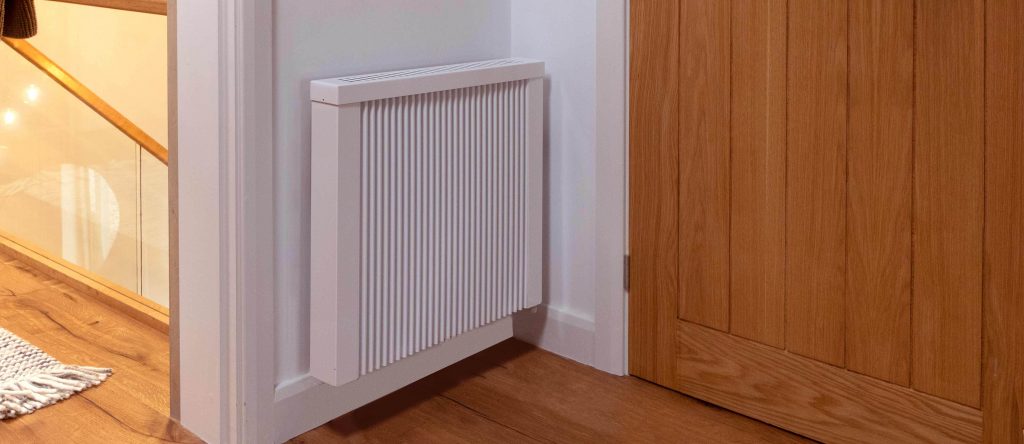
At Ecostrad, we pride ourselves on producing highly efficient electric heating solutions, and our German electric radiators are no exception. Renowned for their superior quality, German-made radiators benefit from a strong emphasis on research and development, cutting-edge technology, and meticulous production processes. Our Ecostrad Ecowärme range embodies all the features that make these heaters so popular. So, for everything you need to know, let’s discover everything this bestseller has to offer.
New build vs old build – heating with electric

The age of a property will determine a lot, from construction type to its overall value – and when it comes to heating, these characteristics really matter. With gas central heating no longer holding the future-proof status it once did, homeowners, landlords and developers are looking for an efficient, low-carbon alternative. Whether looking to heat a small, energy-efficient new build or a large, poorly insulated period property, the power of electric means there’s a solution for every type of build.
2025 Future Homes and Buildings Standard – Explained

Following on from the 2022 Building Regulations, the government is set to introduce some landmark changes to improve energy efficiency in UK new builds from 2025, known as the Future Homes and Buildings Standard (FHBS). While the FHBS will primarily affect new builds, existing homes and properties will also be subject to regulations as the UK sets out to achieve its Net Zero strategy by 2050. So, what exactly are these new building standards and how will they affect you?
Do you need an electrician to install electric radiators?

Whether or not an electrician is required to install an electric radiator depends on a few factors. All Ecostrad electric radiators are suitable for professional hardwiring, which does require an electrician, but this isn’t always necessary. Some models are able to be fitted DIY within a matter of minutes. We’re here to explain when hardwiring is necessary, its respective pros and cons, and how to know when a DIY fitting may be your best bet.
Ecostrad designer electric radiators: a deep dive

Modern designs, deluxe finishes and the latest heating technologies make up Ecostrad’s range of designer electric radiators. Using specially engineered thermal fluid, our radiators boast superior heat retention and slower cool-downs, providing homes and businesses with premium warmth and efficiency. In today’s article, we’ll be taking an in-depth look across our four designer models, from their bespoke manufacturing to innovative smart control. Let’s dive in.
Meet the New iQ Ceramic in Black
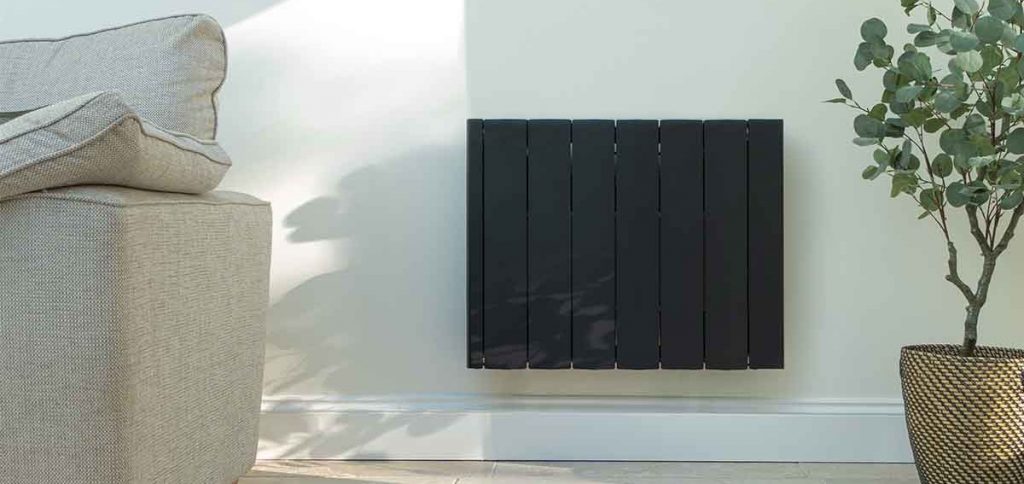
Our bestselling iQ Ceramic has been an Ecostrad staple for years. Embodying all of the features we deem essential in quality electric heating – smart control, simple installation, energy efficiency, and affordability – the iQ Ceramic has been a gateway product to the world of electric heating for many businesses and homeowners. Such a classic deserves a revamp every now and then, and this October, Ecostrad launched the iQ Ceramic in black. A sleek slate black finish provides a welcome style refresh, but its internal features are just as cutting-edge as the original.
Ceramic electric radiators vs. storage heaters: which is best?
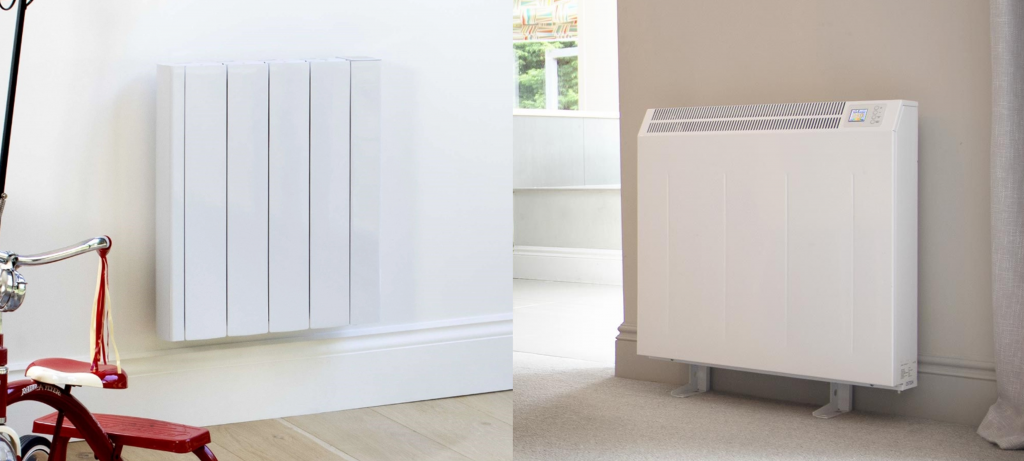
Before the proliferation of gas central heating systems, many properties relied on the money-saving technology of electric storage heaters. Used to either supplement a gas system or as a primary heating source, storage heaters took advantage of the cheaper nighttime Economy 7 or 10 electricity rate. Whilst they certainly had a place fifty years ago, have storage heaters stood the test of time? Modern ceramic electric radiators use a similar kind of technology, but with a wealth of energy-saving features and a much more sophisticated level of control, they outperform storage heaters in every way.
How are Ecostrad electric radiators made?
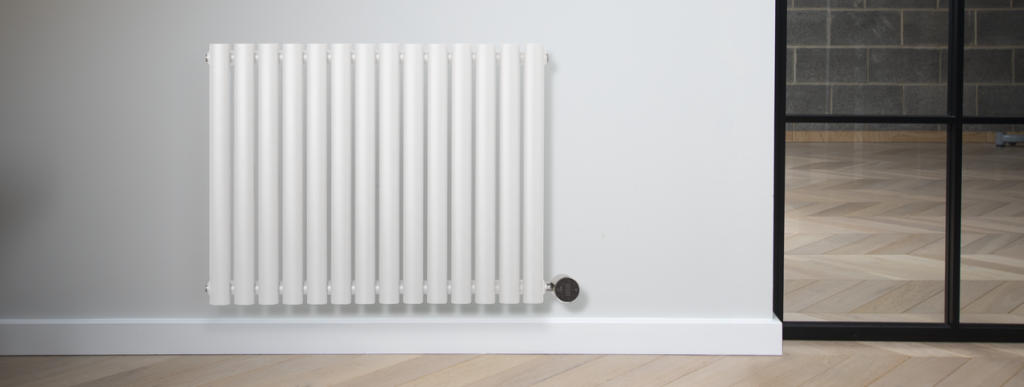
At Ecostrad, we are committed to providing our customers with the very best electric heating solutions the industry has to offer. We believe in constant innovation and sustainable practises, which is why our range of smart, designer and German electric radiators are built to the highest of standards. From design and technology to efficiency and control, every aspect of production is expertly delivered. Read on for a greater look at how our industry-leading electric radiators are made.
Benefits of electric heating in student accommodation

We know why electric heating is beneficial for landlords, but when it comes to landlords of student accommodation specifically, there’s a lot more to consider. In a post-covid UK, student life has changed significantly. With more remote learning than ever, students are no longer spending the bulk of their day in lecture theatres and classrooms – and as the bulk of term time occurs over the coldest part of the year, it wouldn’t surprise us if the energy bills in your student properties have risen exponentially. At Ecostrad, our electric heating solutions offer ultimate efficiency and convenience for both tenant and property owner. Remote check-ins, energy-saving features and a streamlined approach to heat management make electric heating the superior option for student accommodation, keeping bills and energy waste at an absolute minimum.
How to Heat an Open Plan Property

The benefits of open plan spaces are well documented. In domestic spots, they bring families together and make homes feel lighter and brighter. In workspaces, they’re proven to aid collaboration, teamwork and innovation. Whilst a large, open layout may make a space feel more welcoming, they can offer a unique heating issue – having the opposite effect. We’re here to explore how Ecostrad’s range of electric heating solutions can bring necessary warmth to an open plan, perfect for residents, colleagues, and customers alike.

